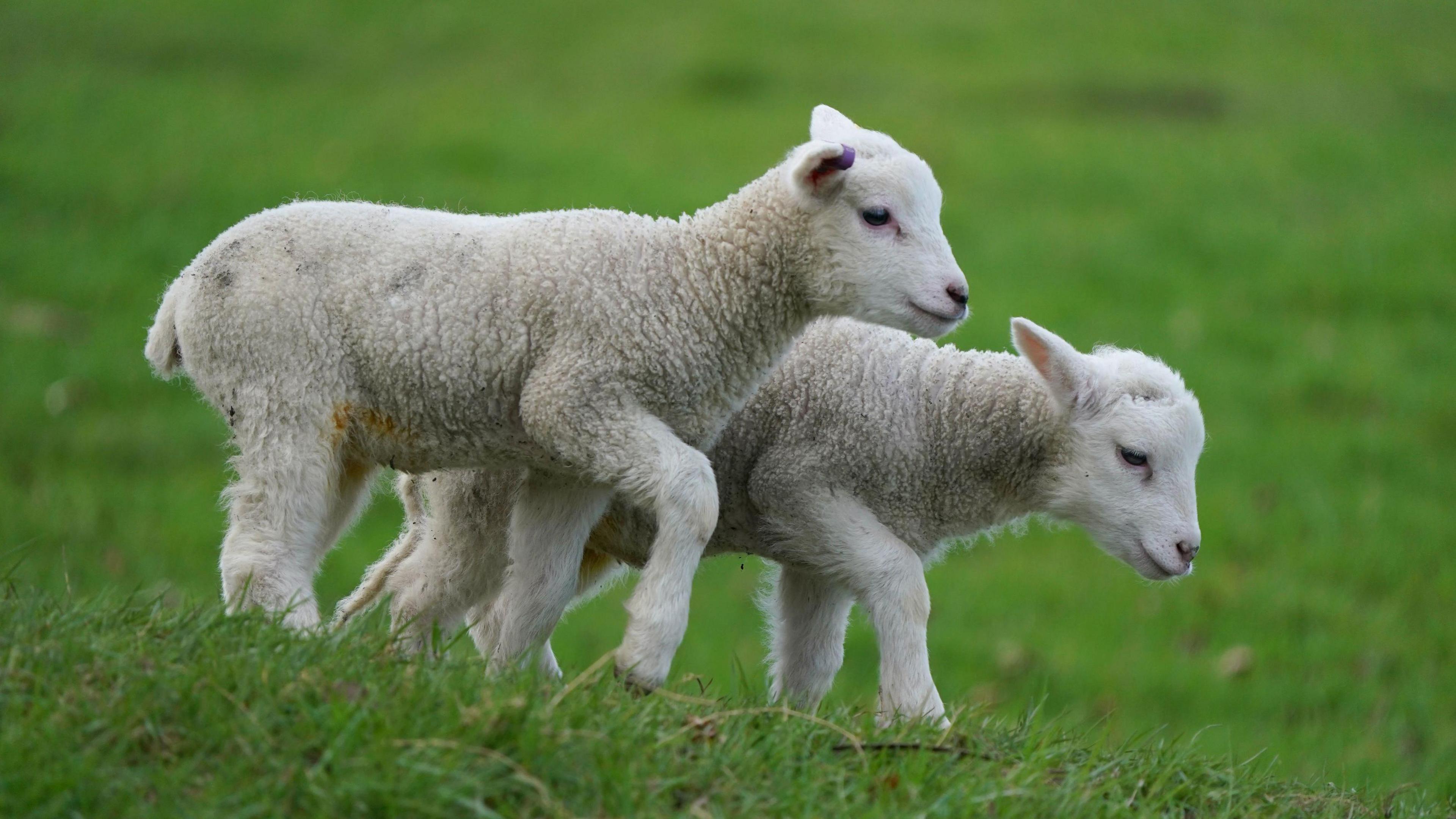Farm day visitors warned over Cryptosporidium parasite threat
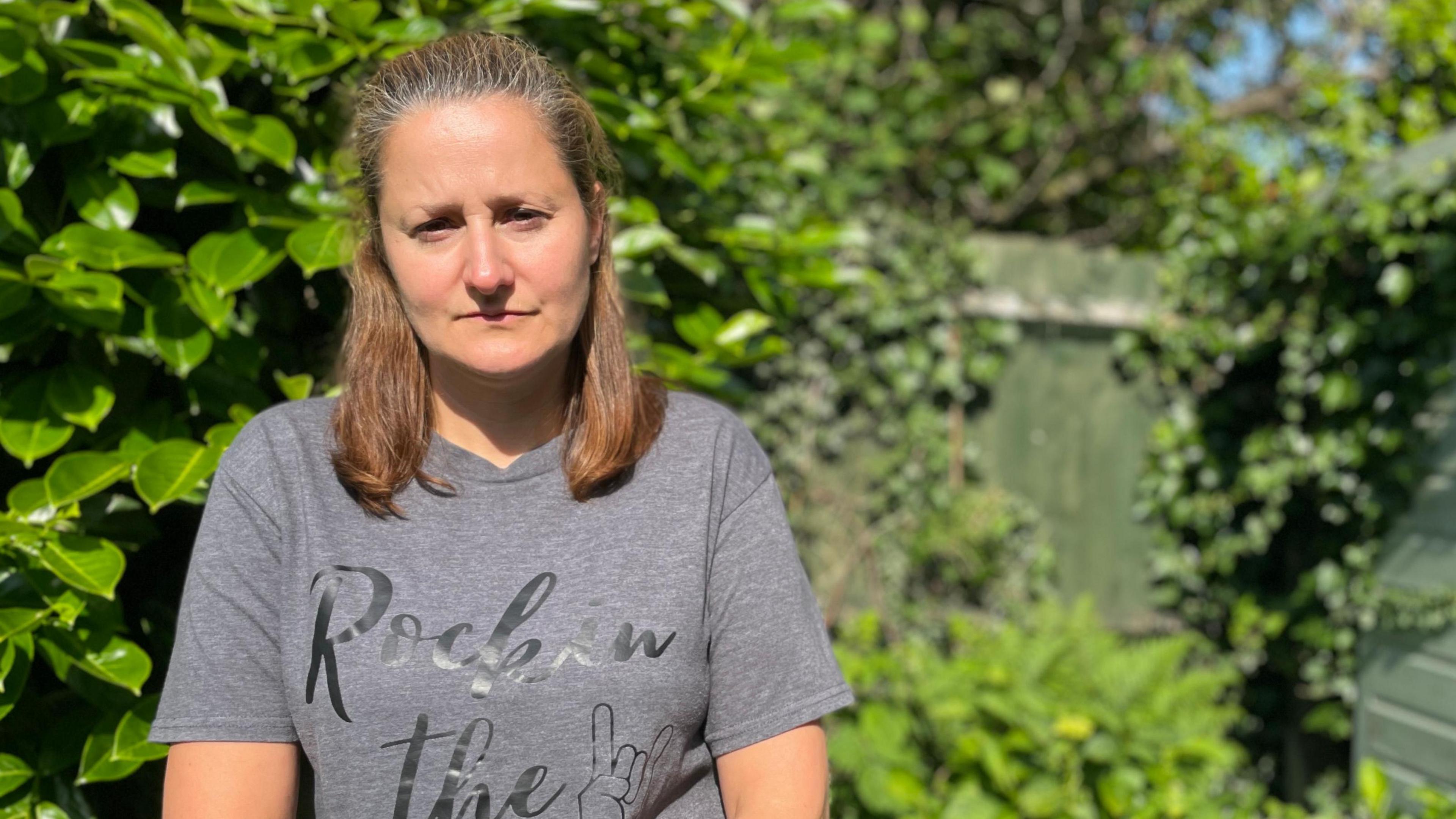
Emily Fryer's family visited a farm before her youngest son fell ill and had to be admitted to hospital
- Published
Tens of thousands of visitors due to attend a UK-wide open farm day this weekend have been warned about a parasitic infection that causes serious gastrointestinal illness.
There were 17 outbreaks of cryptosporidiosis linked to farms in England and Wales in 2024 and an outbreak in south Wales earlier this year has seen dozens of people fall ill.
According to inspection reports from the past five years - released to the BBC under the Freedom of Information Act - some farms repeatedly ignored health inspectors' advice and allowed children to handle sick animals in filthy pens.
The organisers of Open Farm Sunday, which sees 190,000 visitors, said its farms have high health and safety standards.

The cryptosporidium parasite causes cryptosporidiosis, a serious gastrointestinal illness
Cryptosporidium can cause severe stomach cramps, vomiting and diarrhoea and is spread through direct contact with animals or touching surfaces that have animal faeces on them. The young, pregnant women and those with health conditions which affect their immune system can be particularly vulnerable.
Public Health Wales said individual cases of cryptosporidiosis linked to visits to Cowbridge Farm Shop at Marlborough Grange Farm in Cowbridge, Vale of Glamorgan, this spring had now risen to 89 people.
In England, one of those affected after a farm visit was Emily Fryer's six-year-old son Isaac.
He was admitted to hospital after falling ill following a visit to Gannow Farm in Worcestershire last year.
Mrs Fryer told the BBC: "He didn't eat or drink for about five days. He just slept all the time. His sugars were dangerously low and they admitted him.
"Obviously, I was really worried then. Because he is autistic and non-verbal, we didn't really know how we could help him."
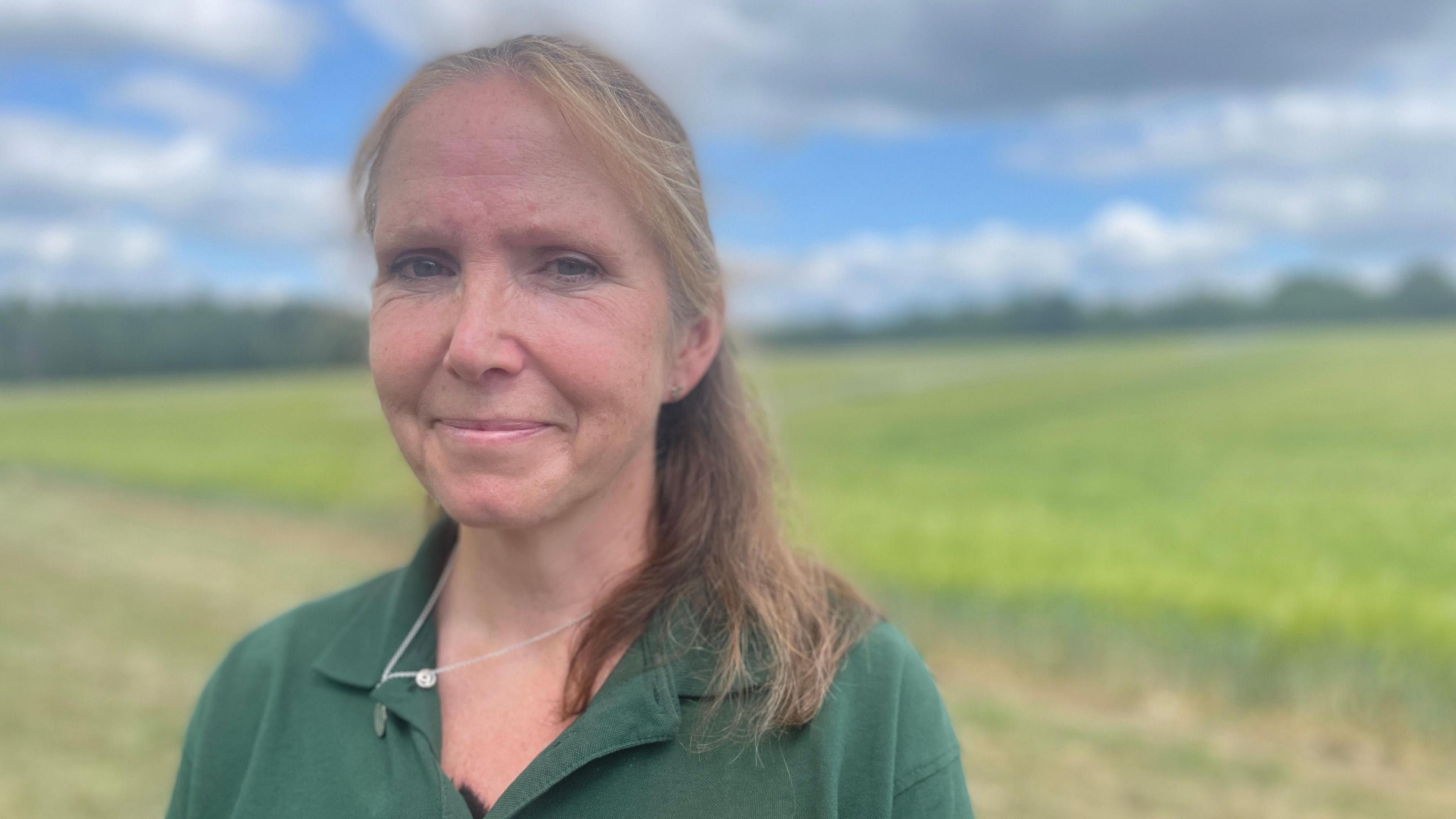
Jo Hatton from the Open Farm Sunday organisers said all participating farms followed strict hygiene standards
Mrs Fryer said the family had taken hygiene seriously when they visited the farm and had washed their hands thoroughly using facilities provided on site.
A year earlier the farm had been issued with a prohibition notice by the Health and Safety Executive because it was failing to prevent or control the risk of exposure to cryptosporidium. Those issues were dealt with and the farm was licensed to show animals to the public in 2024.
Mrs Fryer said she was disappointed that the farm had been allowed to reopen to visitors.
"I just think it's awful," she said.
The owners of the farm, which has now stopped its open days, declined to comment when approached by the BBC but have previously said they had "made every precaution possible" to prevent an outbreak.
Many farms across the UK have had to diversify their businesses over recent years to boost their profitability, with public open days, petting farms and play barns becoming an important source of income.
But inspection reports released to the BBC under the Freedom Information Act by the UK's national cryptosporidium reference unit show that a small number of farms are not meeting health and safety standards - and, in extreme cases, are ignoring warnings from inspectors.
On one farm in Wales, which was linked to a number of outbreaks, inspectors found sick animals kept on display and a lack of handwashing facilities, risk assessments and staff training.
According to reports, the inspectors told the farm those failings were "consistent with those identified previously. This indicates you are failing to maintain the required improvements from one season to the next".
Another farm visited in 2023 had also failed to implement recommendations from a previous inspection, which led to another outbreak of cryptosporidiosis, while another farm, due to host a school visit a few days after inspection, was found to be failing.
"Comparing current visit to last year found the conditions worse," the report noted.
'Huge task'
The UK Health Security Agency (UKHSA) said the 16 outbreaks in England last year was a provisional figure and data analysis due to be published later in the month may see that rise.
Both Public Health Wales and the UKHSA have warned the estimated 190,000 visitors who will be visiting the 250 farms taking part in Open Farm Sunday this weekend to make sure they take basic hygiene measures, external.
Jo Hatton, an education specialist for organisers of the open farm event LEAF (Linking Environment And Farming), said all its participating farmers were given advice and training on how best to keep visitors safe.
"We are supporting farmers to open their farms and with their risk assessments. We are on the phone with farmers checking in with them throughout the planning process and helping them to understand how to ensure that that visit goes smoothly and everyone goes home happy and healthy," she explained.
One farm manager who says he is ensuring the highest health and safety standards for visitors on Sunday is Andy Bason, who will be welcoming around 2,000 visitors onto Newhouse Farm, Alresford, Hampshire.
He said LEAF's health and safety training had "really opened my eyes to what's needed to host this kind of event".
"With the kind of numbers we see, it is a huge task. We want everyone to come here, have a great day and go home safe without any illness," he explained.
The National Farmers' Union (NFU) said that the health and safety of all visitors to farms was "taken extremely seriously".
Get in touch
Have you been affected by the issues raised in this story?
- Published29 May
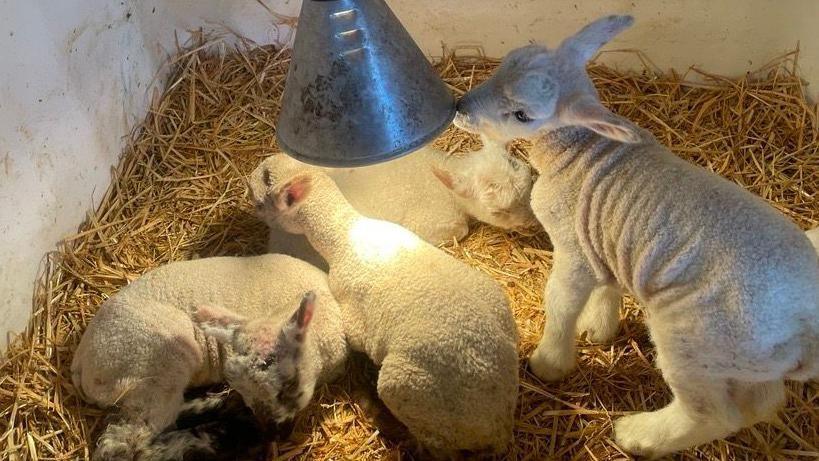
- Published30 May 2024
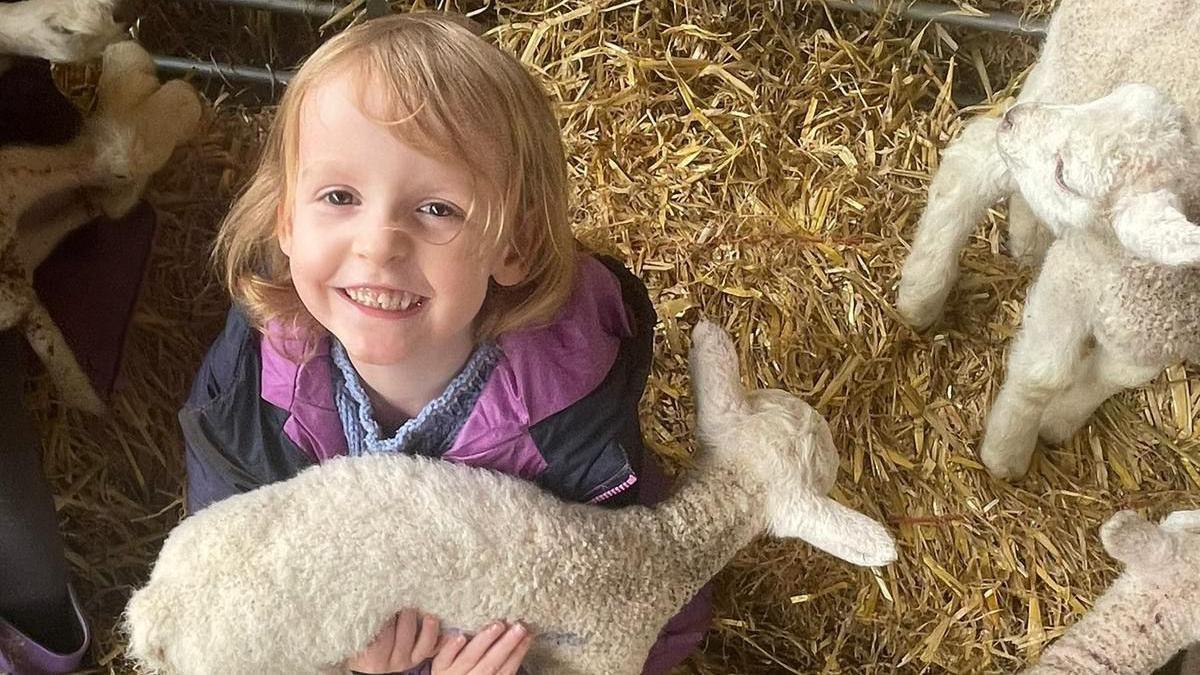
- Published9 April 2024
